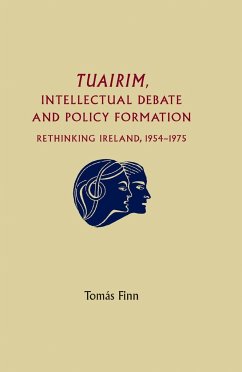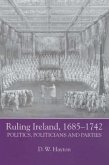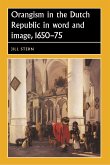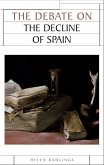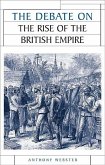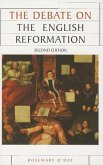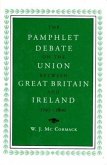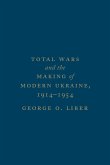The 1950s and 1960s were a transformative phase in modern Irish history. In these years a conservative society dominated by the Catholic Church, and a state which was inward-looking and distrustful of novelty, gradually opened up to fresh ideas about politics, the economy, society and religion. This book considers this change. It explores how from its formation in 1954 the intellectual movement Tuairim ('opinion' in Irish) was at the vanguard of the challenge to orthodoxy and conservatism. Tuairim initiated and contributed to debates on issues as diverse as Northern Ireland, administrative and political reform, education, childcare and censorship. The society established branches throughout Ireland, including in Belfast, and London. Tuairim produced frequent critical publications on burning issues and boasted a roster of members who would go on to become luminaries in Irish public life; Dr Garret FitzGerald, the future Taoiseach, Donal Barrington, later a Supreme Court Judge, Miriam Hederman O'Brien, a future Chancellor in the University of Limerick and David Thornley, subsequently a distinguished television presenter and a Labour party TD. Until its disbandment in 1975, Tuairim occupied a unique position within contemporary debates on Ireland's present and future. This book is concerned with the role that the society played in the modernisation of Ireland during the 1950s and 1960s. In so doing it also addresses topics of continued relevance for the Ireland of today, including the Northern Ireland Peace Process and the institutional care of children.
Hinweis: Dieser Artikel kann nur an eine deutsche Lieferadresse ausgeliefert werden.
Hinweis: Dieser Artikel kann nur an eine deutsche Lieferadresse ausgeliefert werden.

